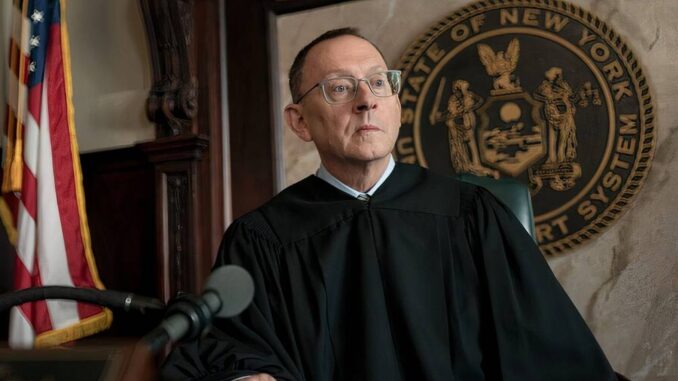
The Unfolding Tapestry: How Elsbeth Villain and the Refusal to Discard Tell a Deeper Story in Season 3
The showrunner's ominous warning – "We don't just throw out things. Elsbeth Villain isn't done wreaking havoc in Season 3" – paints a chilling picture. It's a promise of continuity, not just in plot threads but also in the echoing consequences of past actions. More profoundly, it speaks to a fundamental truth about life and storytelling: the things we try to discard, the mistakes we bury, the villains we think are vanquished, often resurface to haunt us in unexpected and devastating ways. This refusal to "throw out things" isn't merely a clever narrative technique; it's a powerful thematic statement resonating with the complexities of human nature and the cyclical nature of justice.
On a superficial level, the showrunner's words promise thrilling plot twists. The fact that Elsbeth Villain, presumably dealt with in previous seasons, is returning suggests a web of unresolved issues. Perhaps her defeat was incomplete, leaving loopholes and lingering influence. Maybe her actions have unleashed a chain reaction, the effects of which are still unfolding. The implication is that the characters, thinking they’ve moved on, are about to be confronted with the ghosts of their past, forced to reckon with the unfinished business they thought they had neatly filed away. This generates immediate anticipation, injecting a sense of danger and the unknown into the upcoming season.
However, the phrase "we don't just throw out things" carries a weightier implication. It speaks to the interconnectedness of cause and effect. Every action, every decision, ripples outwards, creating a tapestry of consequences that can’t simply be erased. It challenges the notion that problems can be solved and forgotten, reminding us that true resolution often requires a deeper understanding of the roots of the conflict and a commitment to addressing the underlying issues. This is particularly relevant in a legal context, where justice isn't always about immediate retribution but about systemic change and preventing future harm.
The return of Elsbeth Villain likely embodies this principle. Her reappearance is not just a cheap attempt to recycle a popular antagonist. It suggests that the conditions that allowed her to thrive in the first place still exist, that the system is still vulnerable to manipulation, that the flaws she exploited remain unaddressed. Perhaps her initial downfall merely clipped her wings, leaving her free to regroup, adapt, and strategize a more insidious return. This creates a more compelling narrative, one that explores the enduring nature of evil and the constant vigilance required to combat it.
Furthermore, the showrunner's warning speaks to the psychological toll on the characters. The trauma and anxieties inflicted by Elsbeth Villain in the past are unlikely to have simply vanished. Her return will undoubtedly reignite those fears, forcing the protagonists to confront their own vulnerabilities and question their effectiveness. They might be haunted by past mistakes, grappling with the feeling that they haven't learned enough, haven't done enough to protect themselves and those around them. This adds depth to their characters, making them more relatable and human, and ultimately raising the stakes of their confrontation with Elsbeth Villain.
The phrase also resonates on a metaphorical level. It can be interpreted as a commentary on society's tendency to ignore uncomfortable truths, to sweep problems under the rug instead of addressing them head-on. We often discard things – outdated ideologies, harmful practices, inconvenient narratives – hoping they will simply disappear. But, as the showrunner implies, these discarded elements often fester and resurface, manifesting in new and more insidious forms. Elsbeth Villain, in this context, can be seen as a symbol of those societal ills, a reminder that ignoring the past only guarantees its return.
In conclusion, the seemingly simple statement, "We don't just throw out things. Elsbeth Villain isn't done wreaking havoc in Season 3," is a powerful promise and a profound statement. It assures us of a compelling storyline, rich with suspense and unexpected twists. But more importantly, it offers a glimpse into the deeper themes that the show intends to explore: the interconnectedness of actions and consequences, the enduring nature of evil, the psychological impact of trauma, and the societal tendency to ignore uncomfortable truths. By refusing to "throw out things," the showrunner is signaling a commitment to a narrative that is not only entertaining but also thought-provoking, forcing us to confront the enduring challenges of justice and the complexities of the human condition.
